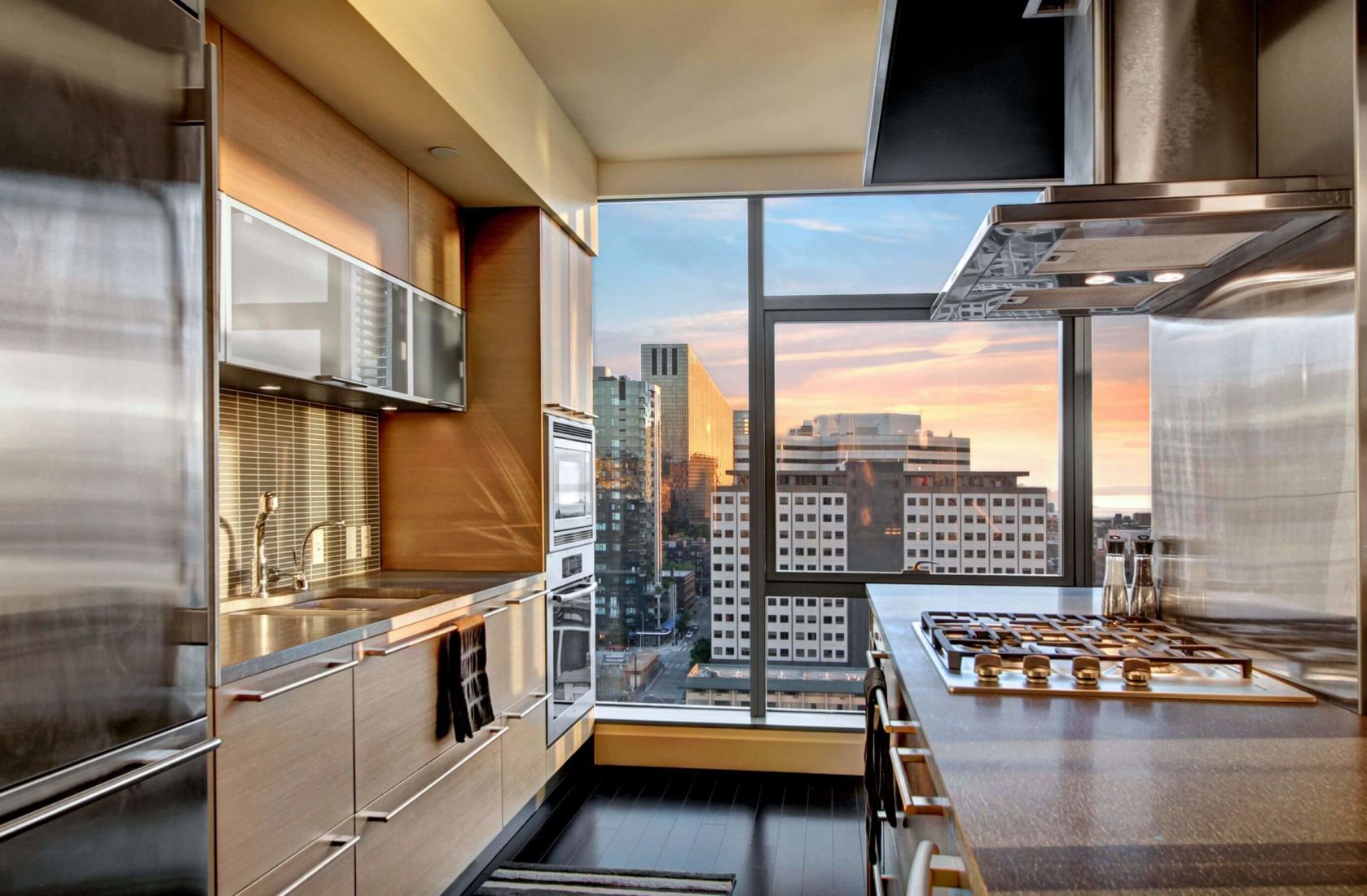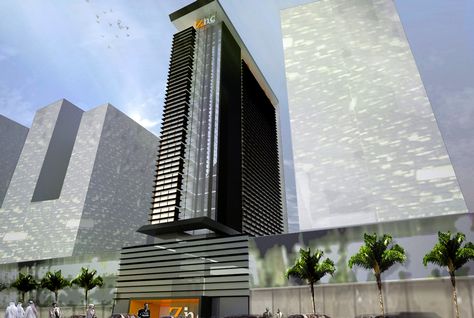 How the Covid-19 pandemic has changed the face of properties in demand in Thailand
How the Covid-19 pandemic has changed the face of properties in demand in Thailand
The Covid-19 pandemic has definitely changed the face of many things, including that of Thailand’s properties in demand. According to CBRE, a leading international property consultant, the resumption of real estate activities is in the near future. As Thailand is currently easing entry restrictions, the consultant says it is only a matter of time when the property market will pick up again. But, it says the market will see a total shift in the type of properties in demand. And, such a demand will reflect the way people have been living for the past year due to Covid forcing many to stay home.
Many people in Thailand have spent their working days at home in the recent past, making residential units’ details more important than ever. For example, such spaces that were advertised as “flexible space” will see a more defined use being marketed. An increased focus on functional space would see previous flexible spaces be re-marketed as home offices or other more logistically convenient rooms.
Real estate agents are also taking note that in order to market these type of spaces to attract specific demand, the spaces need to feature the bare essentials upon selling. A home office space would need a wall partition to separate it from the rest of the rooms, while the kitchen would need to feature more amenities thanks to more time spent cooking at home.
Rathawat Kuvijitrsuwan, Head of Research and Consulting, CBRE Thailand says the next era of normal houses will place a greater emphasis on specific types of rooms.
“New designs of next-normal houses will place greater emphasis on study rooms, family rooms, kids’ rooms, kitchens and storage space. Pets have become more popular as well as sports. There is increasing demand for pet-friendly projects and more emphasis for sports related facilities including gyms, bicycle lanes, jogging tracks, swimming pools, etc. Also, once sales galleries are fully open, the salespeople will have to up their game for the more sophisticated buyers.”
But, it isn’t just the property market that is seeing a paradigm shift. The retail sector is expected to also see a different crowd of shoppers with different habits, thanks to the pandemic. Now, Rathawat says the health and wellness lifestyle is more in demand by shoppers who have realised that such an area in their lives is vital.
“It is clear that the F&B businesses will be forced to adapt to the booming food delivery services, but other businesses will see no less impact. The couch-and-streaming combination, for example, has a significant impact on how movie-goers look at theaters now that they are more comfortable watching at home in their pajamas. Will IT play a more important role in your retail tenant mix? Will outdoor or indoor sport apparels become more popular? Will makeup and cosmetics sell as good as skincare? These are some of the questions that retailers will face.”
Offices are yet another sector that will change both physically and mentally. CBRE Research’s Future of Office Survey in 2021 noted that a significant shift has occurred in how companies view the hybrid working model compared to that of last year’s survey.
The survey showed that only 26% of the 100+ respondents, said that employees would return to working full-time in offices. The decrease was a noticeable 11% compared to last year’s survey.
“Adoption of working from home urges corporates to rethink the designs of their new offices and to focus on staff engagement and collaboration. This means that how space inside the office is used will change and new space that encourages collaboration will also be more emphasised.”
Rathawat also says service providers’ have a new job when reopening businesses. That job, he says, is to determine the changes in customers’ behaviours and modify businesses to meet the new type of demands. The Covid pandemic has clearly made its mark on the future of what a normal workplace looks like, as well as what is highly-sought after when looking for a living space to call home.
Meanwhile, a new property market is on the verge of materialising in Thailand. Chief executive Ornruedi Na-Ranong of Nye Estate Co, a subsidiary of property developer Narai Property Co, noted that Thailand’s population is rapidly aging.
She says the number of people aged 60 years old and above is increasing in Thailand and is predicted to account for 30% of the total population in the next 14 years. In 2020, the age group only accounted for 18% of the total population, making it a large market that will undoubtedly be in demand.
“This segment will be a huge demand. Many elderly people are healthy, active and able to take care of themselves. They are seeking a residential unit where they can spend an active life for as long as possible.”
With the world rapidly changing due to the pandemic, along with Thailand’s aging population, the future is definitely bright for the country’s property market. Senior living and homes with glorified work spaces could be the new norm in the post-pandemic life.
SOURCE: CBRE and https://thethaiger.com/thai-life/property/how-the-covid-19-pandemic-has-changed-the-face-of-properties-in-demand



